#OTD on March 17, 1919 the Texas Legislature significantly restructured the Texas Rangers by passing House Bill No. 5, originally authored by Rep. J. T. Canales. This was one of the most important outcomes of Canales’ activism.
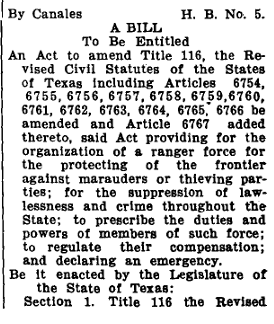
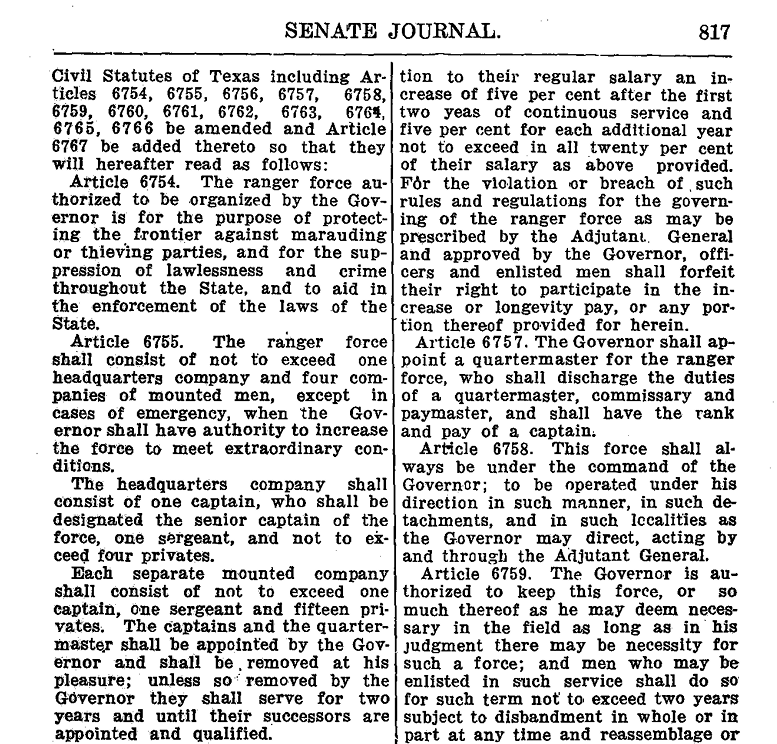
Canales originally wrote HB 5 in Jan 1919, before the Canales Investigation. Titled “An Act reorganizing the State Ranger force, prescribing the pay, qualifications and duties of State Rangers, and declaring an emergency,” it proposed “police professionalization” of the force.
It would, a) require minimum educational standards and previous law enforcement experience for new recruits, b) increase Rangers pay, c) reduce the number of Rangers to 24 (basically the size of the force before Gov Ferguson augmented it in 1915. https://twitter.com/Refusing2Forget/status/1612799704244408320?s=20
The boldest proposal in HB 5 was Canales’ declaration of a state of emergency because of the absence of laws detailing the duties/qualifications of Rangers. This, in his view, led to Ranger violence. It would also allow the House to pass the bill after one reading instead of three.
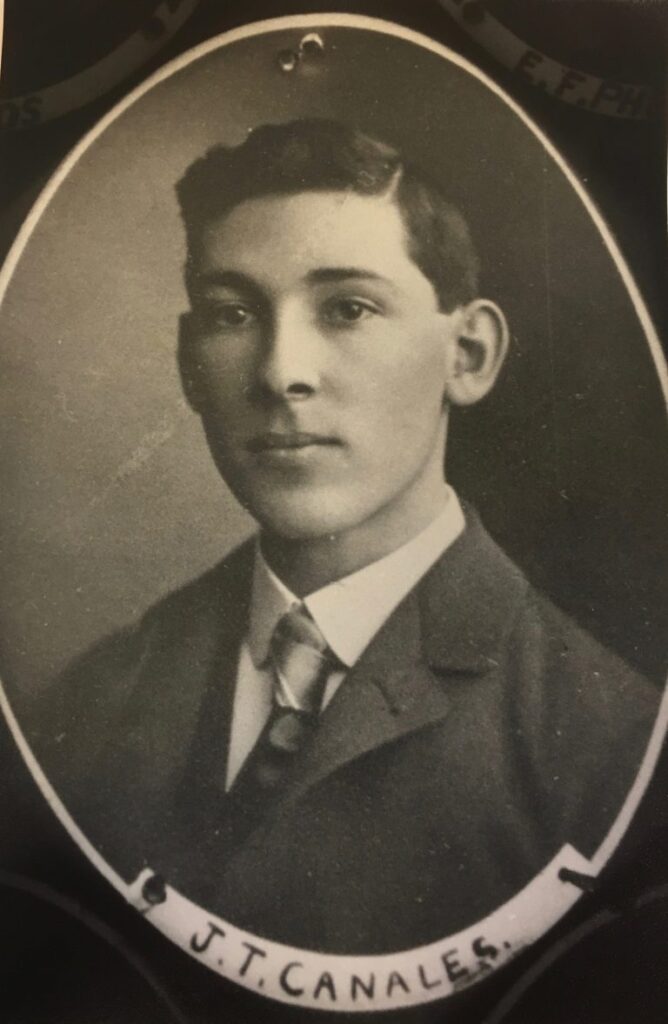
The House postponed readings of the bill many times in Jan and Feb. Before the Investigation it seemed unlikely it would ever be read. But after the Investigation, which perhaps validated a need for such legislation, HB 5 was finally read in March 1919.
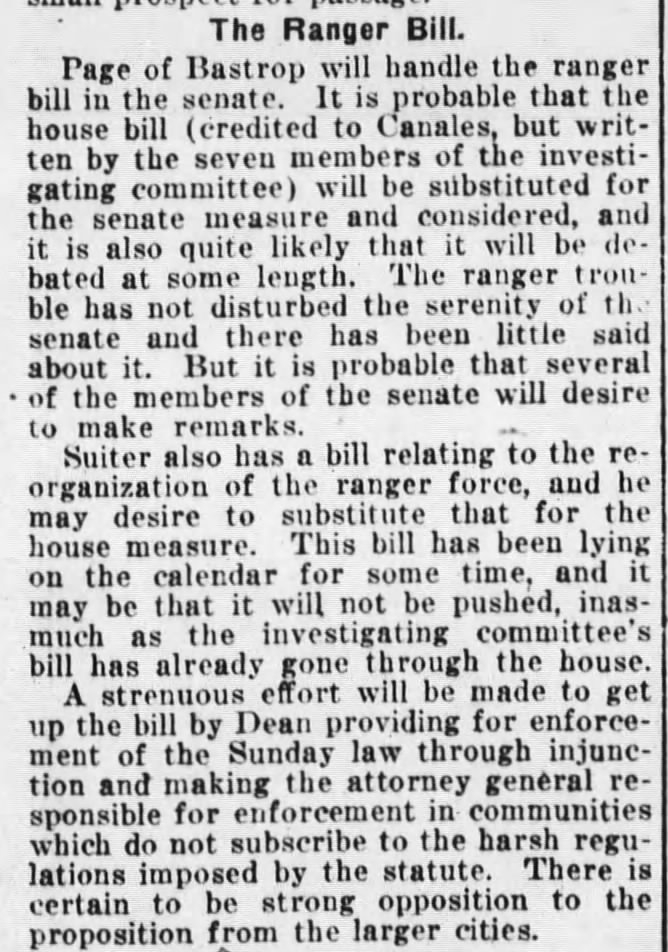
Canales was angered when Rep William Bledsoe offered a revised version of his bill, one that eliminated some of Canales’s reforms, most notably the minimum educational standards for new Ranger recruits. The House subsequently adopted this revised bill.
Perhaps somewhat surprisingly, after its third reading the bill passed by a very large margin in the House, 95 to 5. The senate then passed the bill by a vote of 28 to 1 on March 17, 1919. The House then passed the Senate’s amended bill by a vote of 113 to 1.

The law a) reduced the Ranger force to 74 men (more than Canales wanted but a decrease of about 800), b) augmented their pay, c) prescribed the authority of Rangers, stating that they were “clothed with powers of peace officers,” important language that limited Ranger power.
d) specified that Rangers had to transport individuals they had arrested to the jail where they were wanted. This revision was designed to halt the murder of people whom Rangers killed when they allegedly tried to escape (otherwise known as a “ley fuga”).
e) revised the investigative powers of the Ranger Adjutant General, dictating specific parameters by which the AG could exercise their powers. Canales had charged in the Investigation that the AG had abused his authority and that the AG office needed reforming.
Governor William Hobby signed the bill into law on March 31, 1919. It should be noted that while Canales did not vote for this law, he nonetheless caused the most significant overhaul of the Texas Rangers to date.
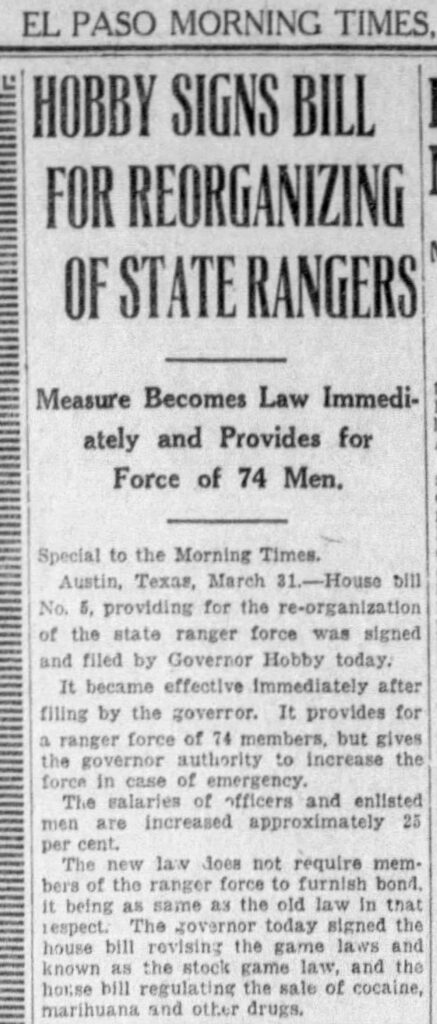
This thread is a part of the #OTD in Ranger history campaign that @Refusing2Forget is running this year. Follow this twitter handle or https://refusingtoforget.org/ranger-bicentennial-project/, and visit our website https://refusingtoforget.org to learn more.
The key source for this thread is @HistoryBrian’s https://uncpress.org/book/9781469670126/borders-of-violence-and-justice/
Refusing to Forget members are @ccarmonawriter @carmona2208 @acerift @soniahistoria
@BenjaminHJohns1 @LeahLochoa @MonicaMnzMtz and @Alacranita, another co-founder is @GonzalesT956
@emmpask @sdcroll @HistoryBrian @LorienTinuviel@hangryhistorian, @ddsanchez432! , Brent Campney, and Miguel Levario are other scholars working on this project.

